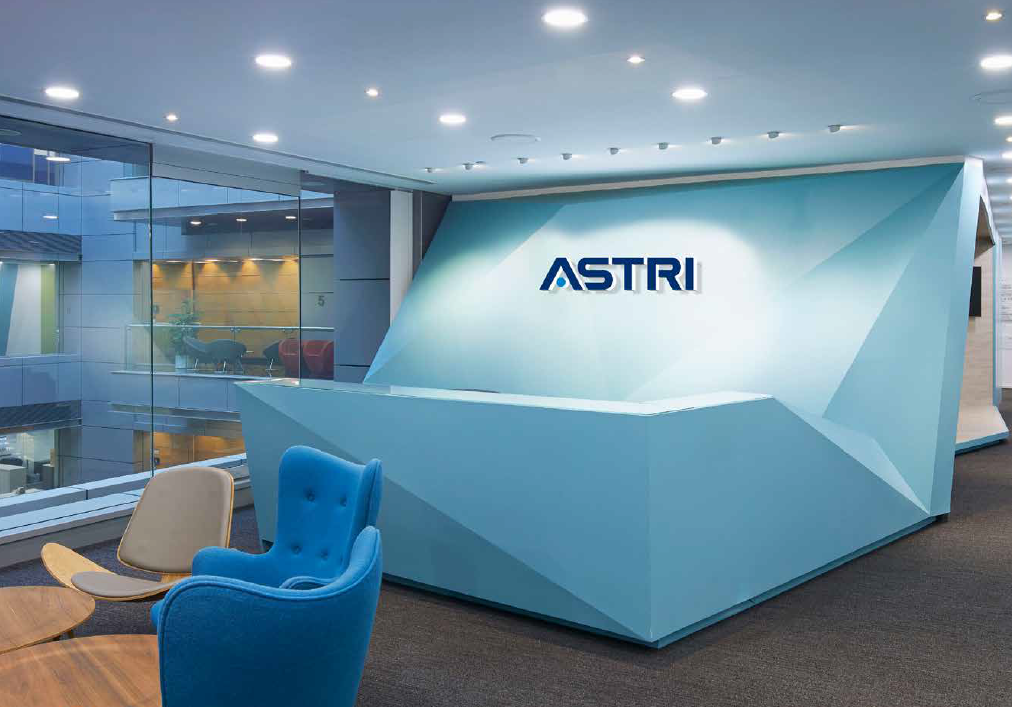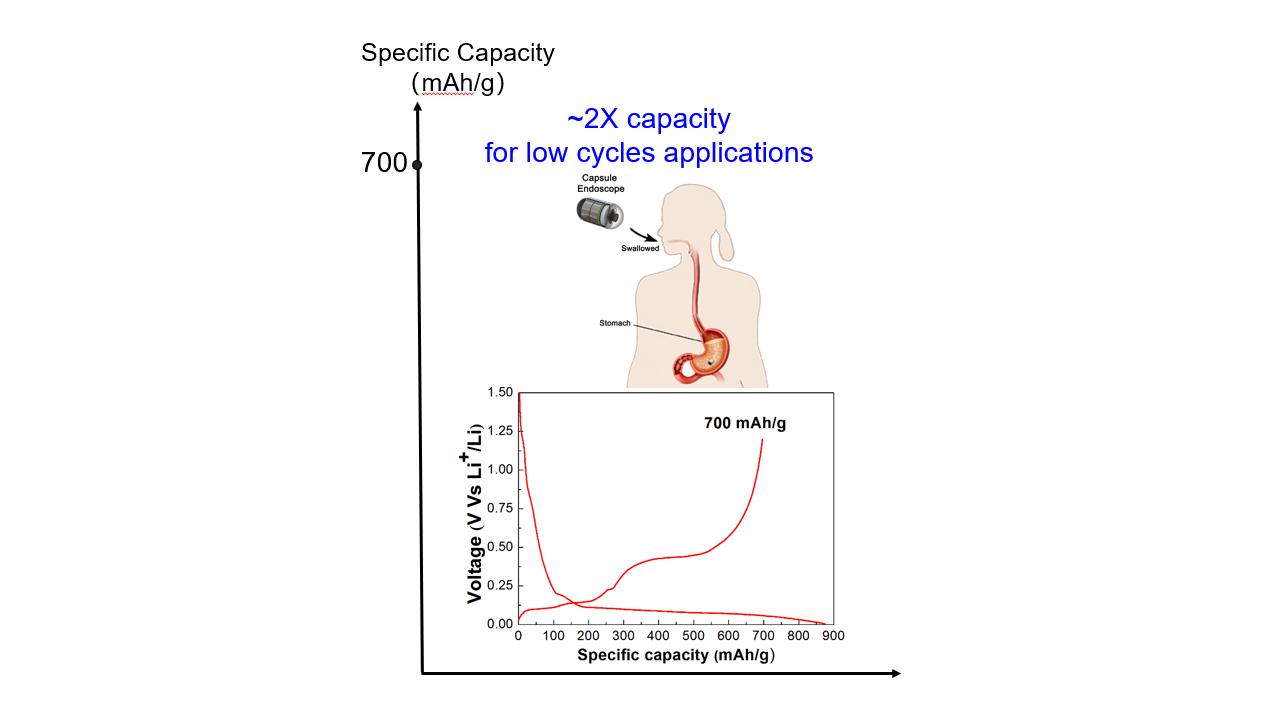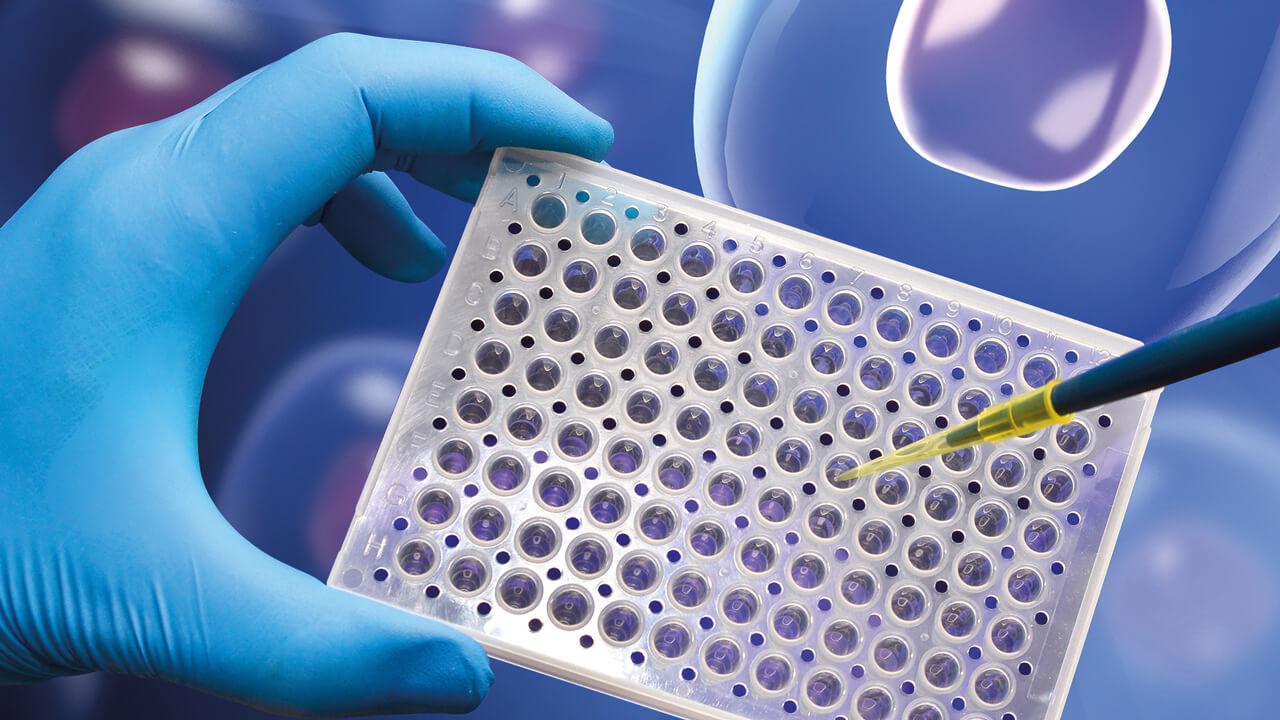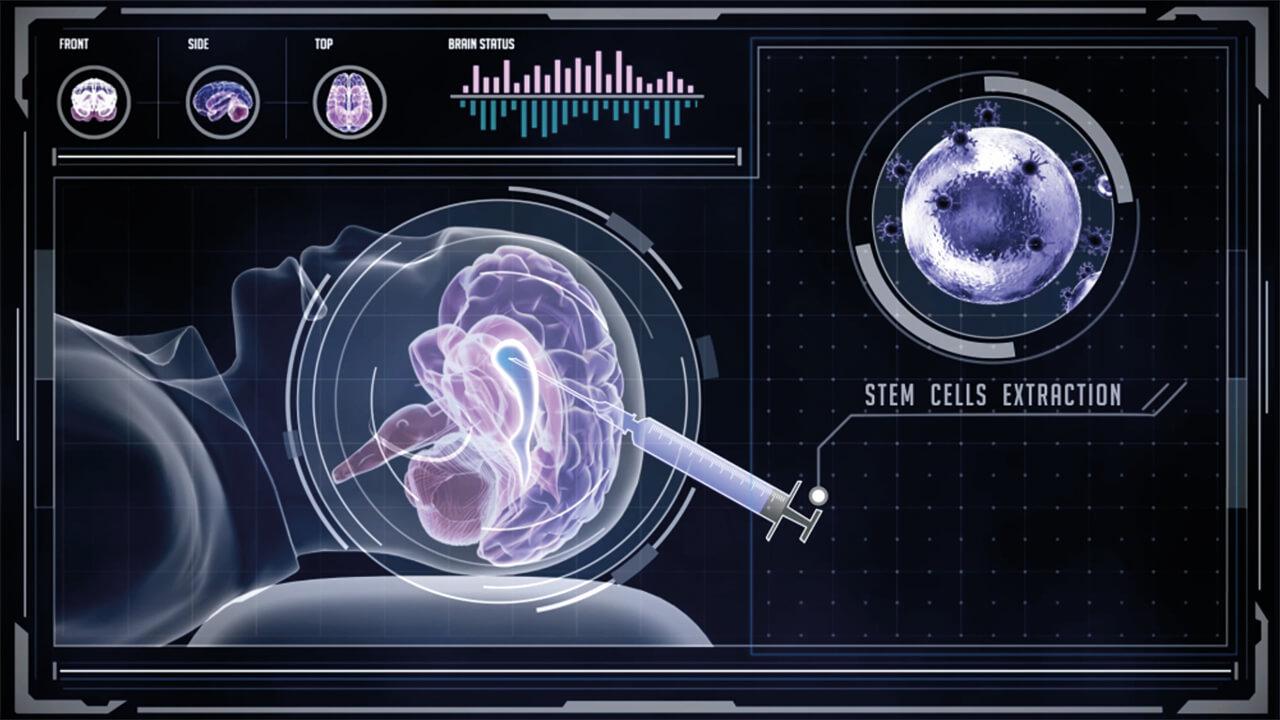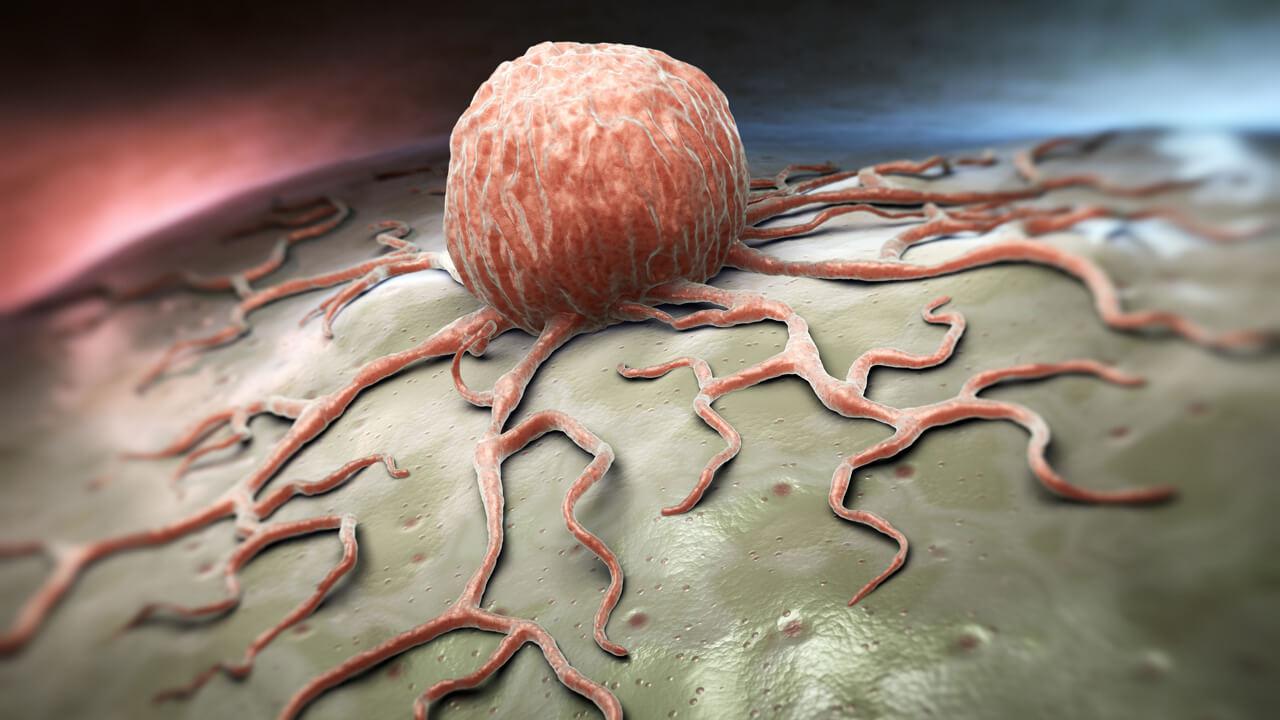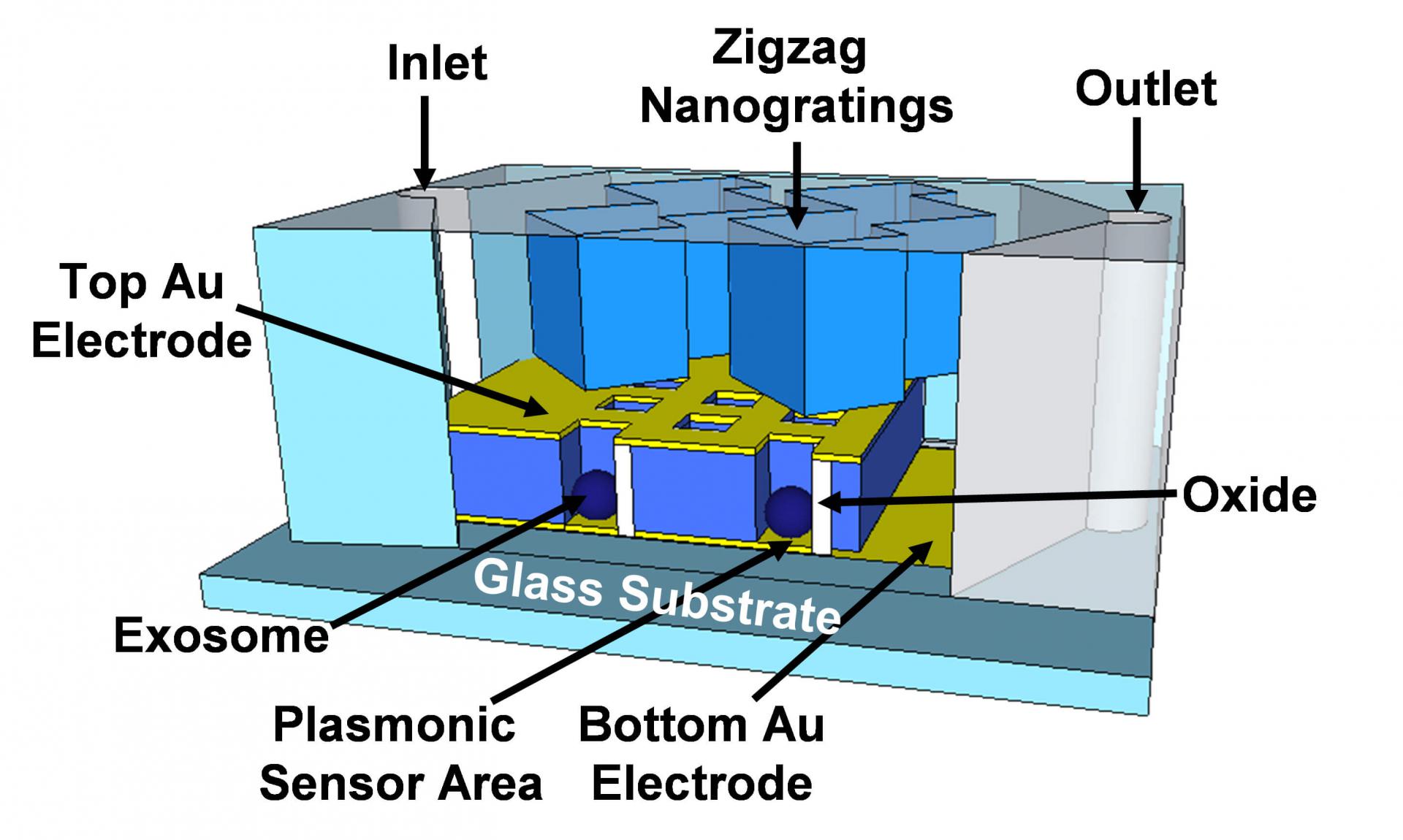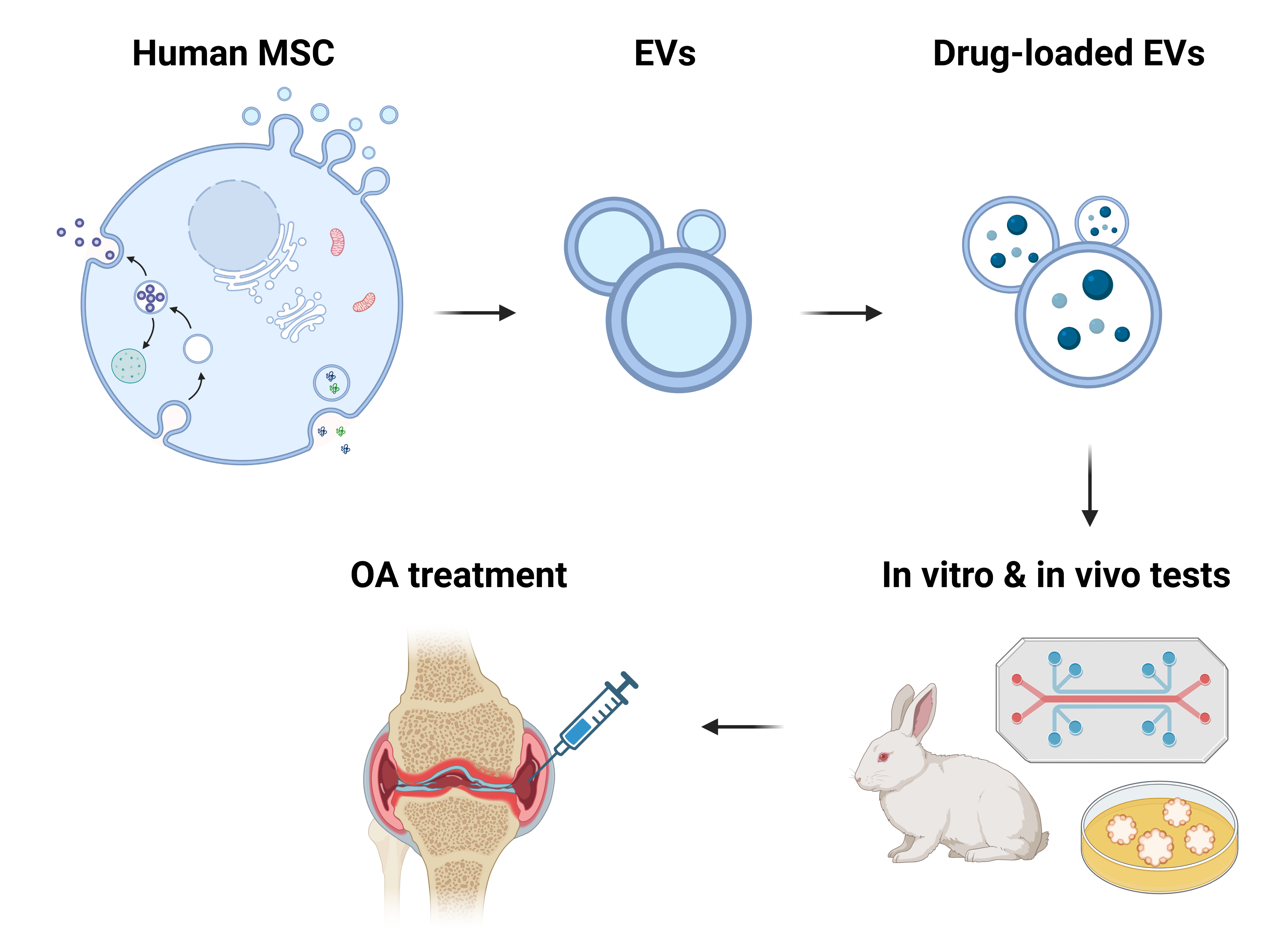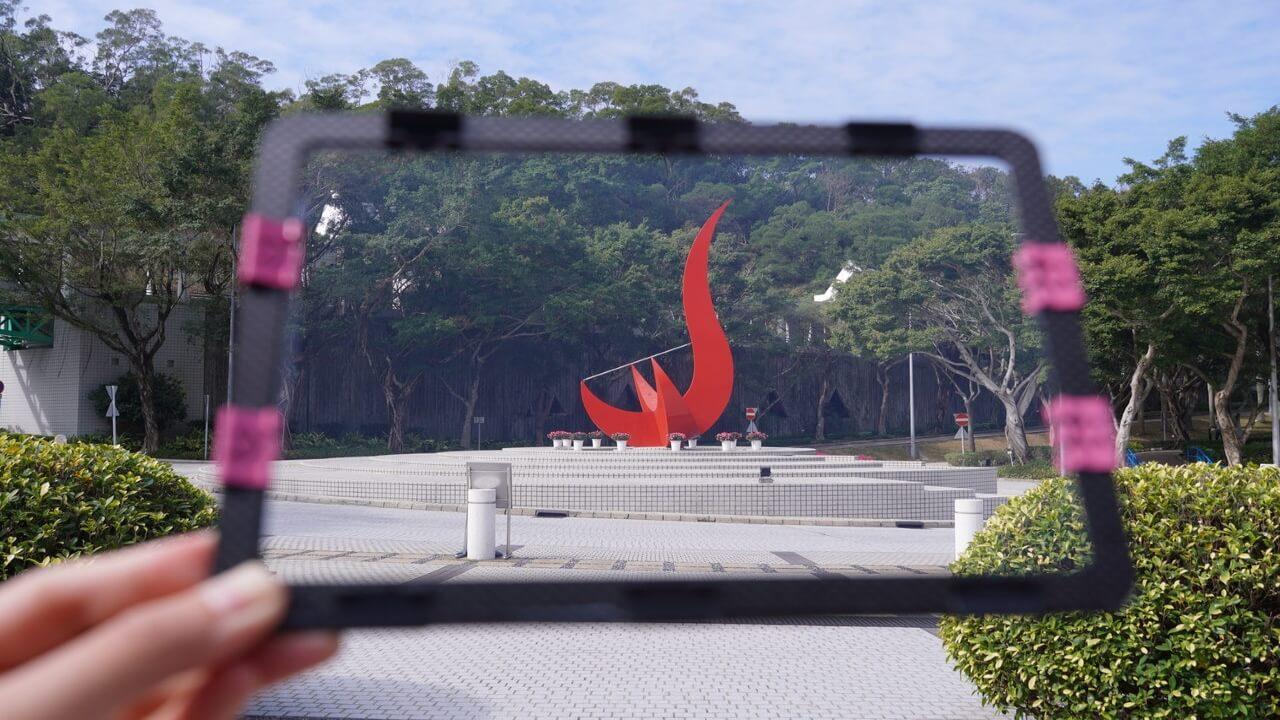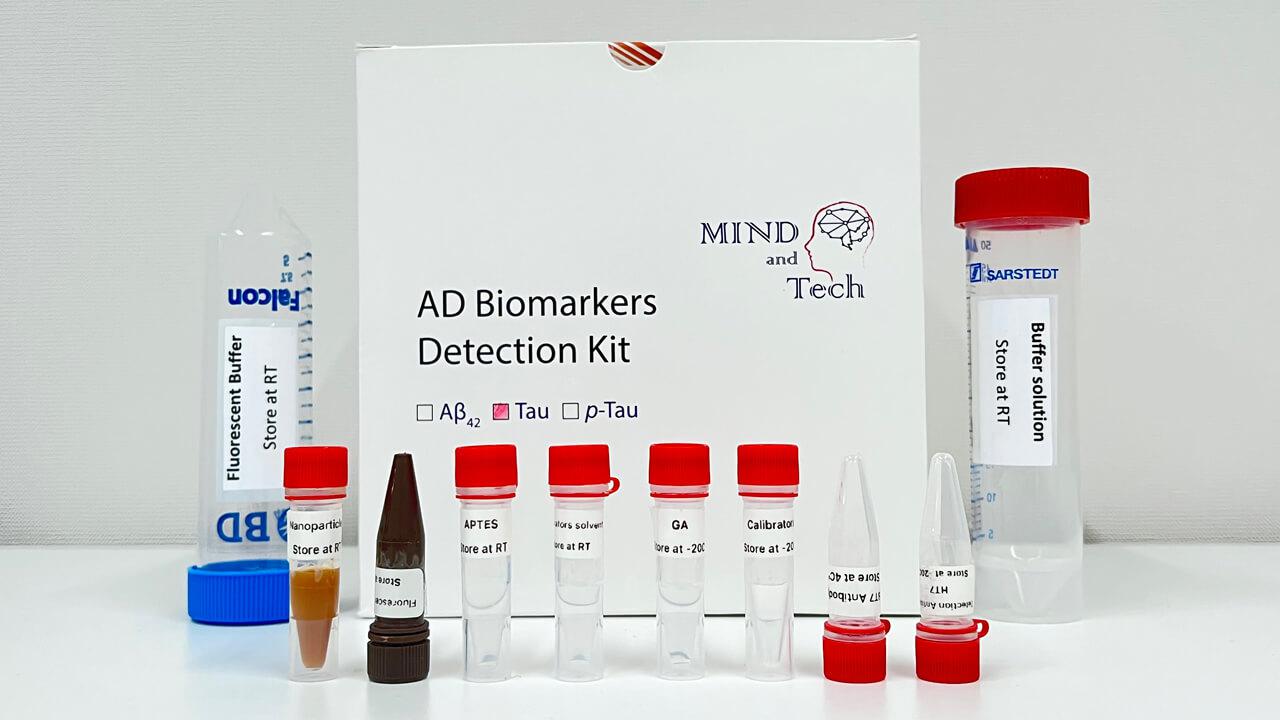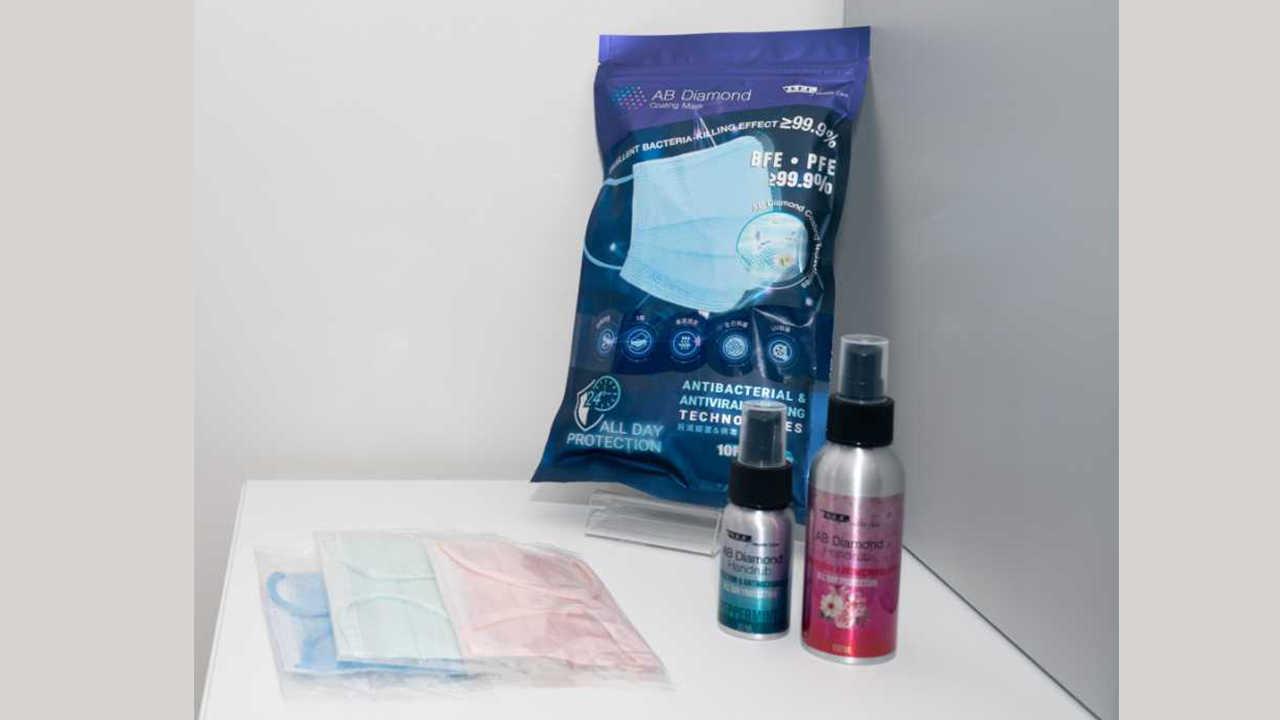
High-capacity Li-ion Energy Storage Device for Disposable Medical Capsule
Hong Kong Applied Science and Technology Research Institute Company Limited (ASTRI) has developed a micro-nano structured Si/C composite anode design encapsulates nano-size Si aggregate into micro-size C-based conglomerate that enhances the specific capacity of the anode of Li-ion energy storage device for disposable medical capsule application.
To address the higher power and/or energy density requirement for rising disposable medical capsule applications, ASTRI has developed a high-capacity rechargeable lithium-ion energy storage technology. ASTRI's design employed micro-nano structured silicon/carbon composite which aids to nearly double the anode specific capacity (700 vs 370 mAh/g) of Li-ion energy storage device for disposable medical capsule applications.
- Nano-size Si aggregate provides fast Li ions diffusion pathways;
- Micro-size C-based conglomerate accommodates volumetric expansion of Si and maintains the integrity of anode;
- Environmental-friendly and low-cost process.
- Pain relief and easy to swallow due to reduced size;
- High capacity enables high resolution imaging;
- Supports pre-tune of medical device and achieves high accuracy.
- Disposable medical capsule
Patent
- US Patent No. 10,608,226
Hong Kong Applied Science and Technology Research Institute (ASTRI) was founded by the Government of the Hong Kong Special Administrative Region in 2000 with the mission of enhancing Hong Kong’s competitiveness through applied research. ASTRI’s core R&D competence in various areas is grouped under four Technology Divisions: Trust and AI Technologies; Communications Technologies; IoT Sensing and AI Technologies and Integrated Circuits and Systems. It is applied across six core areas which are Smart City, Financial Technologies, New-Industrialisation and Intelligent Manufacturing, Digital Health, Application Specific Integrated Circuits and Metaverse.
